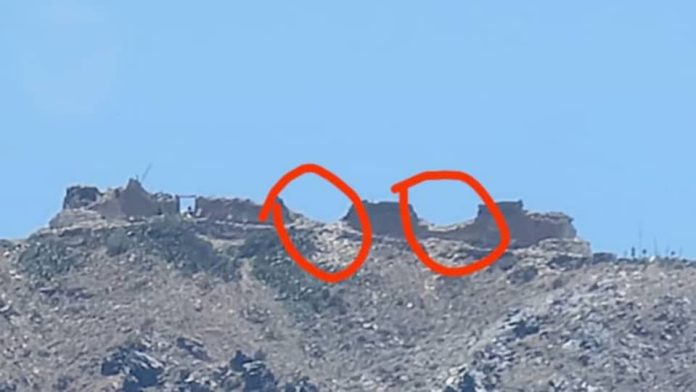The Tourism Promotion Council strongly condemned the US aggression that targeted the historic Qishla Castle on Jabal Nuqum in eastern Sana’a.
In a statement issued on Friday, the Council emphasized that Qishla Castle is a unique civilizational heritage site, embodying Yemen’s ancient history.
The castle was built on the ruins of an archaeological structure dating back to the 1970s, containing Musnad script inscriptions and rare artifacts, in addition to its rock-cut water reservoir—a testament to the genius of ancient hydraulic engineering.
The statement stressed that the site is not just a national symbol but a global human heritage deserving protection under international conventions and treaties. It holds deep historical and aesthetic significance, serving as a crown atop Nuqum mountain and a landmark in Yemen’s collective memory.
The Tourism Promotion Council described the attack as a crime and blatant violation of international humanitarian law, particularly the 1954 Hague Convention for the Protection of Cultural Property and the 1972 UNESCO World Heritage Convention.
The statement warned that targeting the castle reflects a systematic policy of erasing Yemen’s historical identity, marking a dangerous escalation in deliberate assaults on Yemen’s cultural heritage—a cornerstone of regional and world history.
The council urged UNESCO and international cultural heritage bodies to take immediate action and fulfill their legal and moral obligations. It also urged clearly condemn this crime and hold perpetrators accountable, demanding to establish deterrent mechanisms to protect Yemen’s archaeological sites.
It also called on global media to expose these crimes and highlight the catastrophic impact of aggression on Yemen’s civilizational legacy.
The statement warned that global silence over the destruction of cultural heritage amounts to complicity in erasing millennia of civilization in moments. Protecting Yemen’s heritage is not solely Yemen’s responsibility but a shared human and moral duty—one that cannot be delayed, bargained, or divided.


















